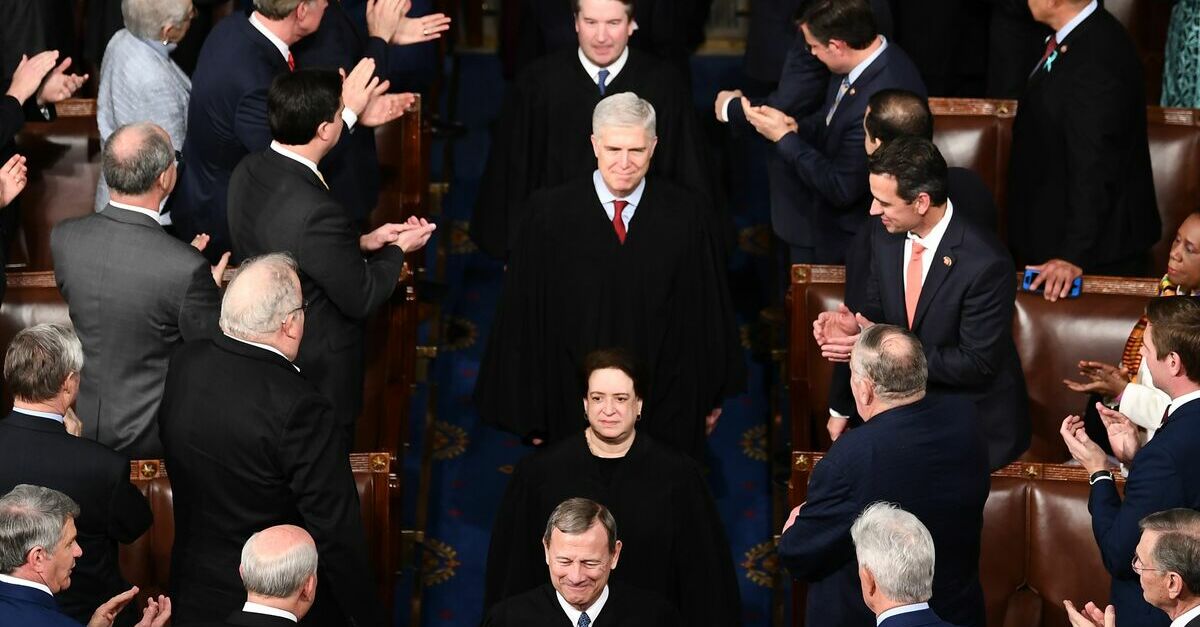
The newly tech-savvy Supreme Court appears to be tying up some loose ends. It granted certiorari on Monday in Edwards v. Warden; the case follows up on the Court’s late-April ruling in Ramos v. Louisiana and asks whether the rule in Ramos will apply retroactively.
At issue in the Ramos case was the legality of non-unanimous jury rules. In Louisiana, criminal defendants could be convicted of a serious offense by a jury vote of 10 to 2 – instead of the usual requirement for unanimity. SCOTUS’s 5-4 split striking down the Louisiana rule made for some strange bedfellows among the justices. Writing for the majority, Justice Neil Gorsuch called out the rules for having racist origins. They were designed to be facially neutral, but were actually put in place “to ensure that African-American juror service would be meaningless,” said Gorsuch.
Team Dissent included Chief Justice John Roberts and Justices Clarence Thomas, Samuel Alito, and Elena Kagan. Their dissent chided the majority for ignoring the legitimate non-racist reasons for allowing split juries.
Dueling opinions aside, it’s the majority’s rule that controls. Split jury verdicts in cases like Ramos are officially illegal from here on out. But, as is so often the case with criminal procedure litigation, the question arises: does the new rule only apply going forward, or is it also to be applied retroactively?
Thedrick Edwards was convicted in Louisiana’s of multiple counts of armed robbery, kidnapping, and aggravated rape. On appeal, Edwards put forth the disturbing story of having been repeatedly failed by the criminal justice system. Edwards, a black man, was the subject of a cross-racial identification from a narrow photo lineup. He was interrogated and advised not to hire an attorney. At trial, the state used its jury challenges to exclude all but one black juror – and that juror voted to acquit Edwards. The result? Had Edwards been prosecuted in any of 48 other states, the verdict would have freed him; instead, he was sentenced to life in prison.
Justice Gorsuch characterized the illegality of a split-jury rule as something “everyone knows” to be an unconstitutional deprivation of legal rights. The dissenters, however, were unconvinced that any reservations about split-jury verdicts were enough to warrant overturning controlling precedent. As the Edwards case moves forward, we will be watching to see whether the dissenting justices wish to slow-walk the new Ramos rule. Thedrick Edwards, of course, is not the only defendant whose case is likely to be affected by the Court’s ruling in his appeal. Should SCOTUS overturn Edwards’s conviction, there are likely thousands of similarly-situated defendants who will have Gorsuch’s five-member majority to thank.
[Photograph by BRENDAN SMIALOWSKI/AFP via Getty Images]
Have a tip we should know? [email protected]